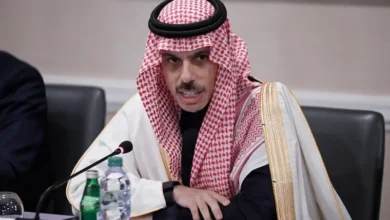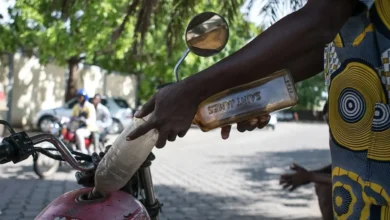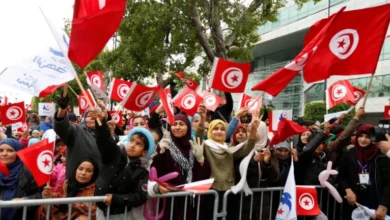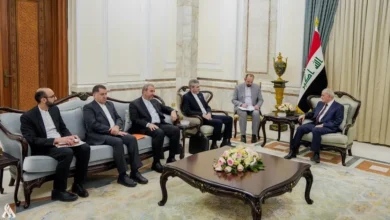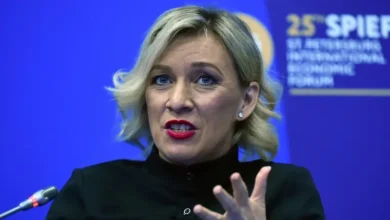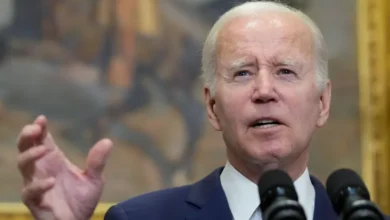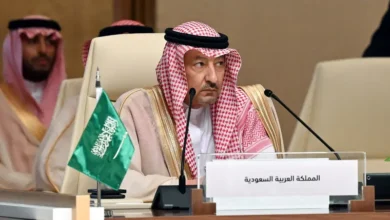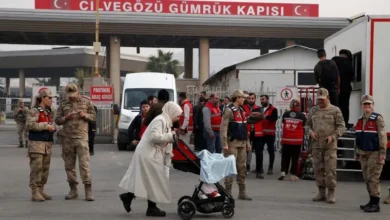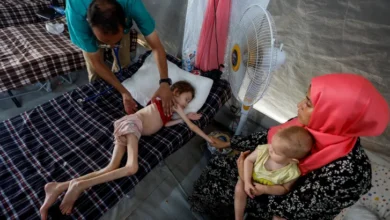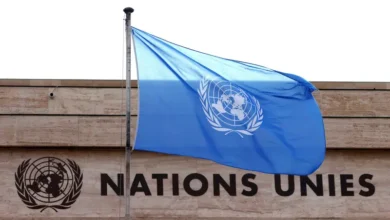Libya parliament suspends rival eastern-based PM Bashagha
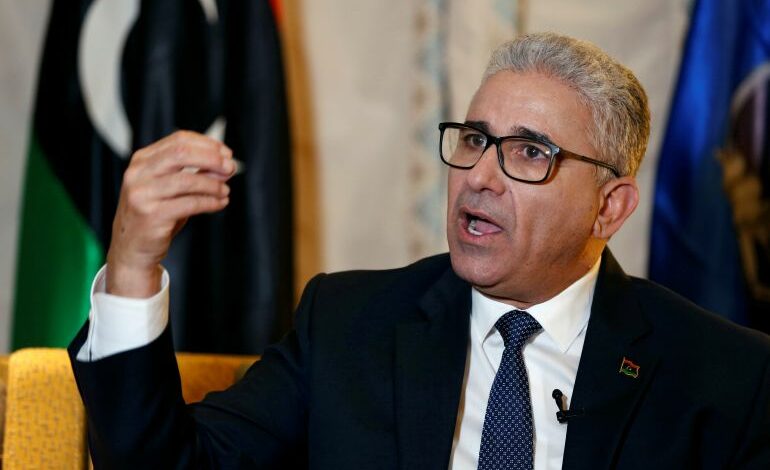
The eastern-based parliament appointed Bashagha last year but he has proven unable to enter the capital Tripoli or take over from Prime Minister Abdulhamid al-Dbeibah, who has rejected his appointment.
Libya’s parliament appointed Bashagha, the former interior minister, as the new PM in February 2022.
The standoff between al-Dbeibah and Bashagha has gone on for months, with Libya’s powerful eastern faction lined up behind the latter, who is supported by renegade military commander Khalifa Haftar, while the numerous factions controlling Tripoli and the rest of the northwest opposed.
Libya has been split between rival administrations based in the east and the west of the country since 2014, each backed by an array of militias and several regional powers. That has led to several bouts of conflict as Haftar’s forces attempt to move towards Tripoli.
Years of negotiation, mediation and ceasefires have failed to bring peace following the removal of former leader Muammar Gaddafi in 2011.
The United Nations Support Mission in Libya (UNSMIL) has been pushing for political, legal and security requirements so that elections can be held in 2023. Both parliaments have agreed upon a joint committee to draft electoral law for the vote, however progress has since slowed.
Libyans were scheduled to head to the polls in December 2021, but disputes over rules and regulations prevented the long-awaited vote. As the UN’s election plans crumbled, al-Dbeibah was able to hold onto office in the west.
Reports by analysts and media outlets suggest both sides went on to build up their respective military forces while engaging in some economic cooperation through an Emirati-sponsored dialogue between al-Dbeibah’s nephew, Ibrahim, and Saddam Haftar, son of the veteran commander.Abu Dhabi has not issued any official comment on its involvement.
“The Emirati-backed connection between Libya’s two main factions helped precipitate Bashagha’s ouster from the Sirte government — after more than one year of the Haftar family using Bashagha conveniently,” Jalel Harchaoui, Libya specialist at the Royal United Services Institute, told Al Jazeera.
According to the analyst, stability in the country is an “illusion” as all sides and their foreign backers aim to bolster their position while claiming to be working to facilitate UN-backed elections.
“Libya is becoming more fragile as a result of an ubiquitous sense of unaccountability,” Harchaoui said, in addition to growing corruption and instability in neighbouring countries, including Sudan.
“This doesn’t necessarily augur a toppling of al-Dbeibah from his Tripoli post. What it does show however is the strength of unelected incumbents and the prevalence of their informal arrangements,” he added.
